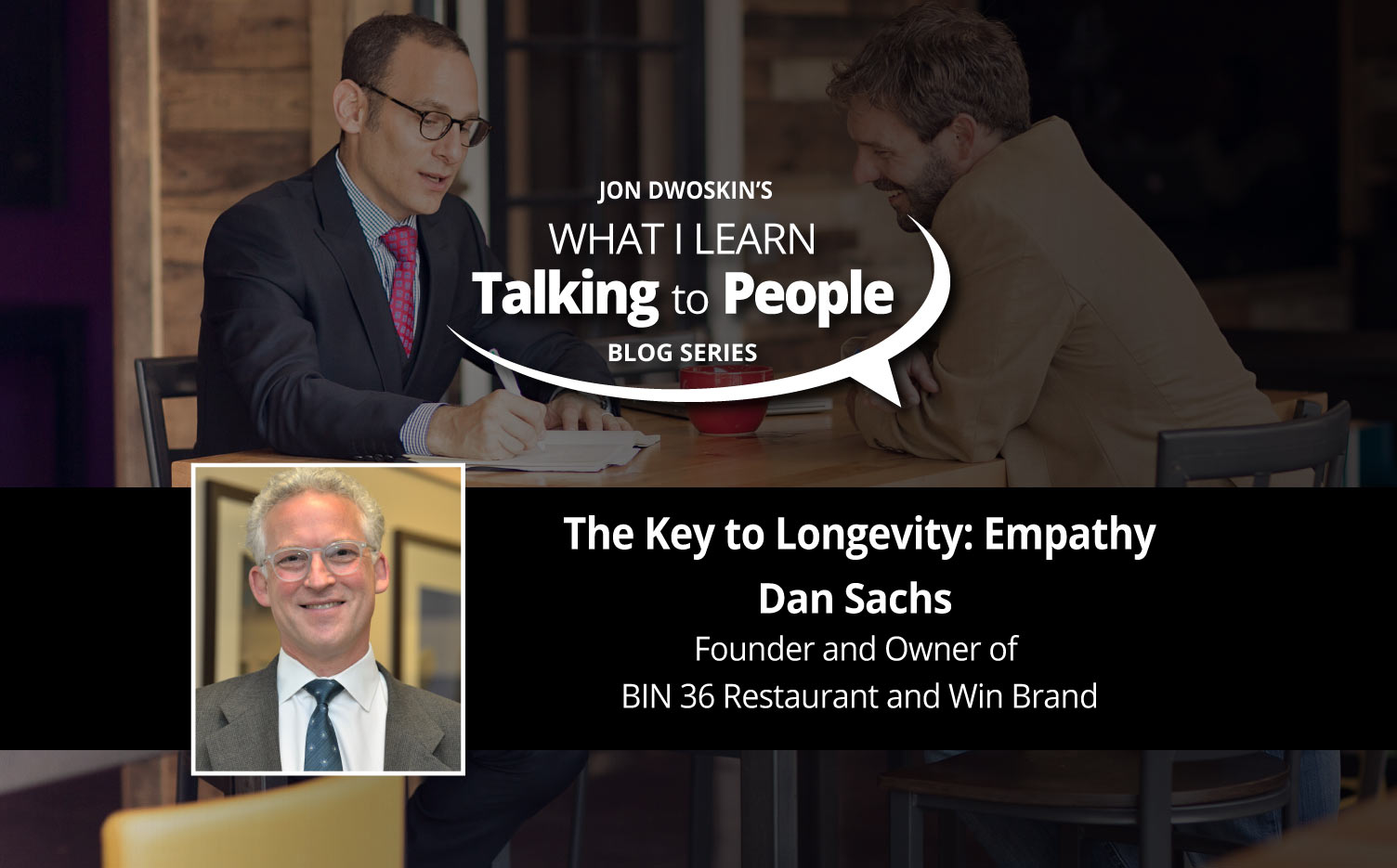
One of the best ways I learn is from simply having conversations with people. I firmly believe that it is in your best interest to try and learn something from someone every day, and the best way to do this is to converse with them.
As a CEO, you are always looking for factors that contribute to a sustained model of business growth. The truth is that there are plenty of factors that contribute to a sustained life for a business. Some would include: your culture, your people, and the decisions you make.
One key lesson I’ve learned was through a conversation I had that has affected my business practice and personal life. This factor is often overlooked. It is the simple idea of empathy. Allowing for empathy within a company helps to create the type of culture that leads to a long business life.
Empathy is one of those words that can be easily misunderstood. Often confused with the word sympathy, the two could not be more different in their approach, especially in business. Sympathy places one above another, looking down and feeling sorry for the state the other person is in. Empathy, on the other hand, lowers one’s level to that of another so you can share in the experience they are facing.
By bringing empathy into your company’s culture, you ensure that your people feel cared for, heard, and appreciated. You also affect how your business serves its customer base. Founder and owner of BIN 36 restaurant and win brand, Dan Sachs believes you are in control of the, “…kind of environment you create for your employees…[the]kind of environment you create for your guests….the time and effort that you take, says [a lot] about what your beliefs are in your business, and why then in turn, your customers ultimately can count on you to consistently create a great experience.”
Creating that experience for customers means taking an empathetic approach and meeting them where they are. Dan goes on to say, “What kind of environment you create for your employees…[the] kind of environment you create for your guests…the time and effort that you take says about what your beliefs are in your business, and why then in turn, your customers ultimately can count on you to consistently create a great experience.”
Dan has used his experience as an entrepreneur, teacher, and author to investigate the recurring theme he kept seeing: customer service. As the leaders of our companies, we must constantly give thought to this process—the experience we are creating for our employees and our customers. And we can only truly understand their positioning and thoughts by lending an empathetic ear to their triumphs, trials, and concerns.
Being an empathetic leader is not without its own challenges. It is the type of mentality that is a newer and fresher thought process for CEO-minded people and it takes time to develop. Dan says, “That’s really one of the reasons I wrote this book was because I felt like it was time for us to understand as a business community the importance of transitioning from that top down mentality to really a flatter management system where leaders are kind. They’re empathic. They understand the values that their employees value and realize that embracing that ultimately leads to higher profitability and happier employees.”
In summary, I learned a lot through my conversation with Dan Sachs, simply put, Dan teaches us:
- Empathy, not sympathy, needs to be the name of the game.
- Empathy plus service equals a great customer experience.
- Transitioning to a more empathetic approach does take time, but is completely worth it.
There is no question that the culture of your company will determine the sustained longevity of your business. Especially in a day in age where priorities in business are shifting and technology is making everything more readily available, the time to shift is now.
To hear more about becoming an empathetic leader in my interview with Dan Sachs on the Think Big Podcast, click here.
Think BIG!
Jon
Listen to Jon’s Interview with Dan Sachs

THINK Business Podcast – Jon Dwoskin Interviews Dan Sachs




